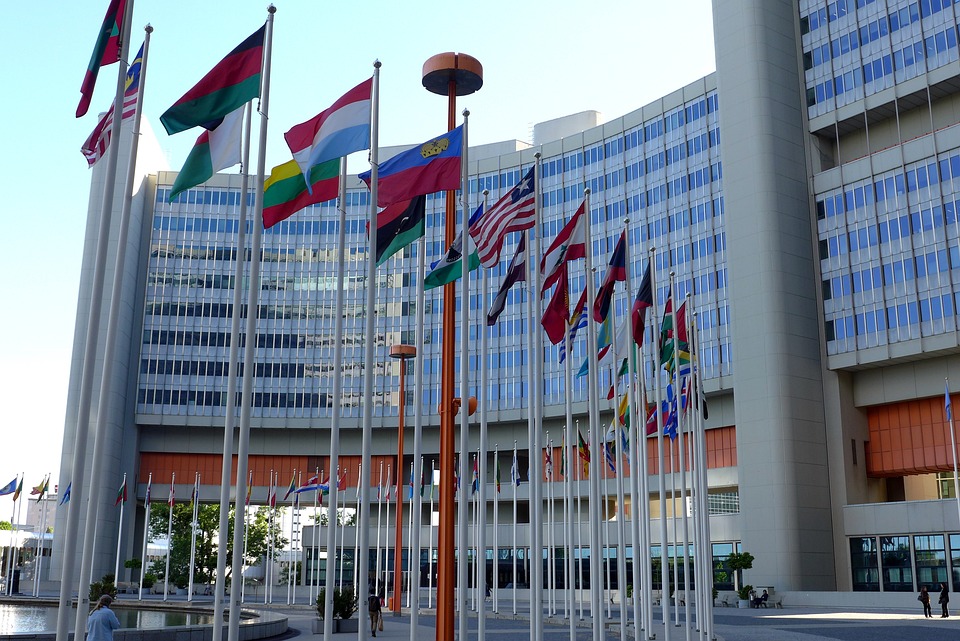Highlight 6/2025: How is the Russia-Ukraine war shaping climate diplomacy in COP29?
Karen Ghazaryan, 5 January 2025

Global conflicts, especially large-scale wars, often redirect the international community’s attention from climate issues to more immediate security concerns. In the case of the Russia-Ukraine war, Europe and its allies have been primarily focused on security, military support for Ukraine, and managing energy crises caused by Russian actions. We can observe the impact of globalization and multilateralism every day, as global conflicts demonstrate how interconnected countries and regions are. The Russian- Ukrainian war has had a profoundly harmful effect not only on the conflicting parties but also on other regions. The Ukrainian grain crisis has created significant challenges for African countries, while disruptions in Russian energy supplies have caused a crisis for several European states that rely on Russian gas. The world has also faced climate-related threats and risks associated with the Zaporizhzhaya nuclear power plant.
These conflicts often reshape diplomatic priorities, making it more challenging for countries to reach consensus on climate action.
As a result, climate diplomacy may lose momentum at forums like COP29. Studies show that such geopolitical distractions can delay international climate agreements, as countries prioritize defense and economic recovery over environmental commitments. The distraction impacts the pace of negotiations, leading to watered-down commitments or delays in action.
Equally, the Russia-Ukraine war has deepened the rift between Russia and Western powers, particularly the European Union and the United States, creating a divided terrain for negotiations at COP29, where unanimity or consensus is often required for key decisions. Climate negotiations could thus be hindered, as countries may use climate discussions as proxy battles for broader political disagreements.
Moreover, energy security becomes a dominant concern during conflicts, influencing climate negotiations. In the wake of the Russia-Ukraine war, many European nations have shifted their focus toward securing energy supplies, often reverting to fossil fuels, such as coal and natural gas, to mitigate the impacts of Russian energy cuts, making it more challenging to push for ambitious carbon reduction commitments at COP29.
Despite the challenges posed by conflict, there are opportunities for cooperation in climate negotiations. While geopolitical tensions may create friction, climate change remains a universal threat, and countries, even those with opposing views, can find common ground on shared climate goals. For instance, the war has highlighted the risks of energy dependency, potentially accelerating the push for renewable energy solutions. COP29 negotiations could see new alliances, particularly in areas like clean energy technology, where countries see mutual benefits in reducing reliance on fossil fuels. As nations reassess their energy security, there could be greater momentum for cooperation on renewable energy and carbon-neutral technologies, which may transcend political divides.
Karen Ghazaryan, Highlight 6/2025 – How is the Russia-Ukraine war shaping climate diplomacy in COP29?, 5 January 2025, available at www.meig.ch
The views expressed in the MEIG Highlights are personal to the authors and neither reflect the positions of the MEIG Programme nor those of the University of Geneva.
